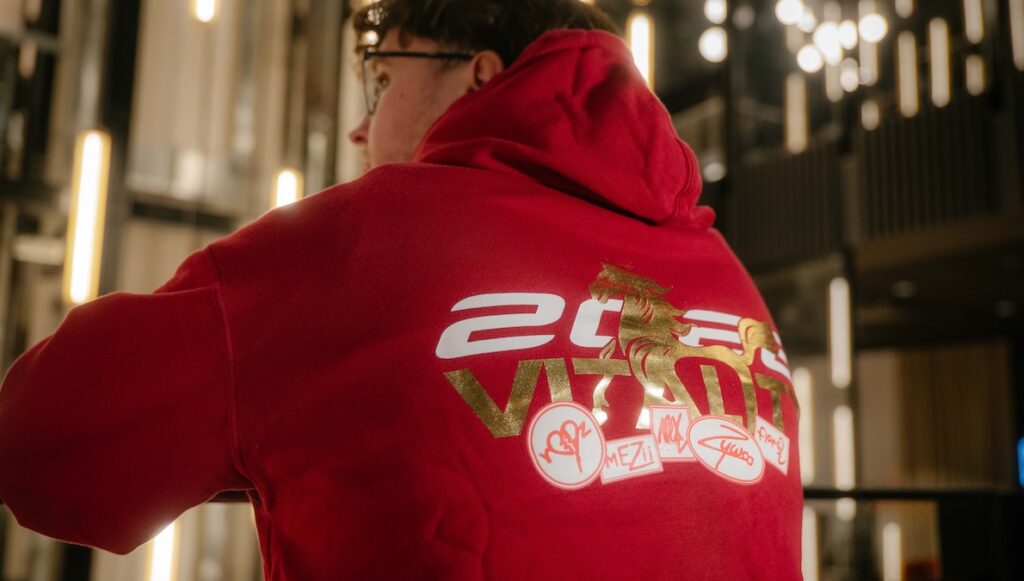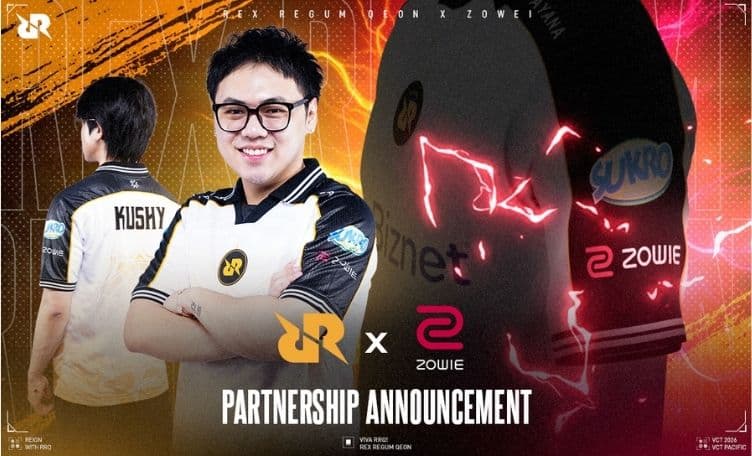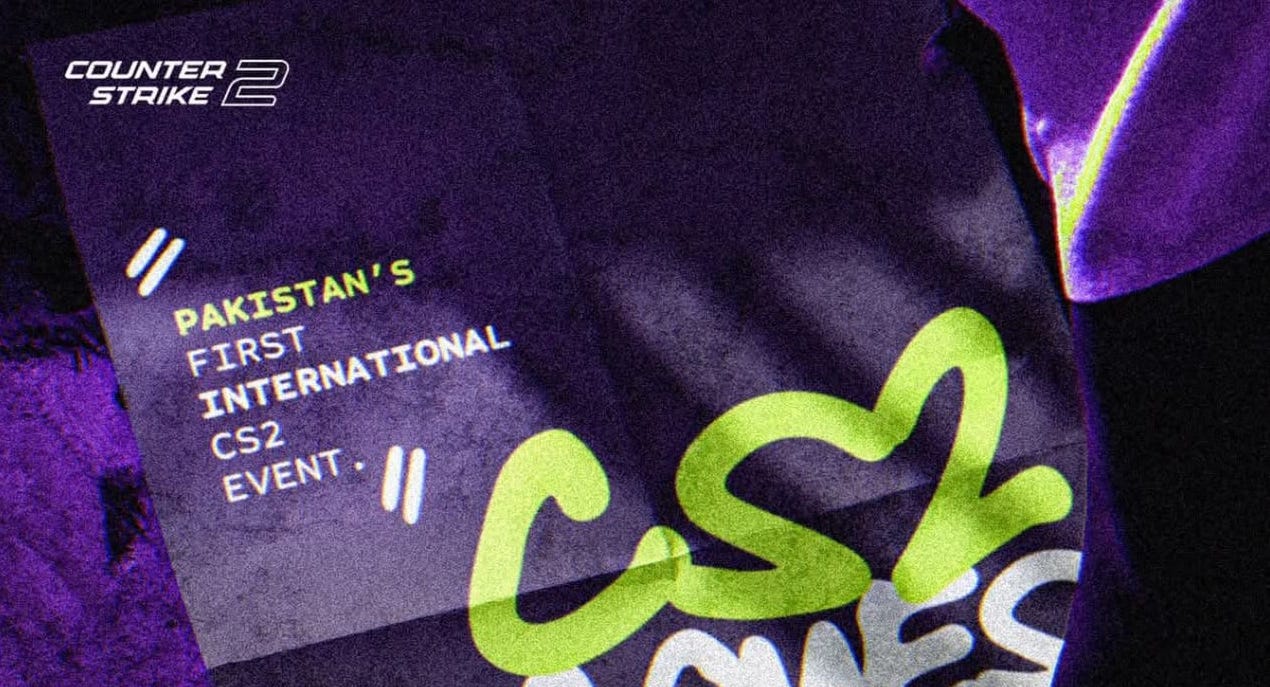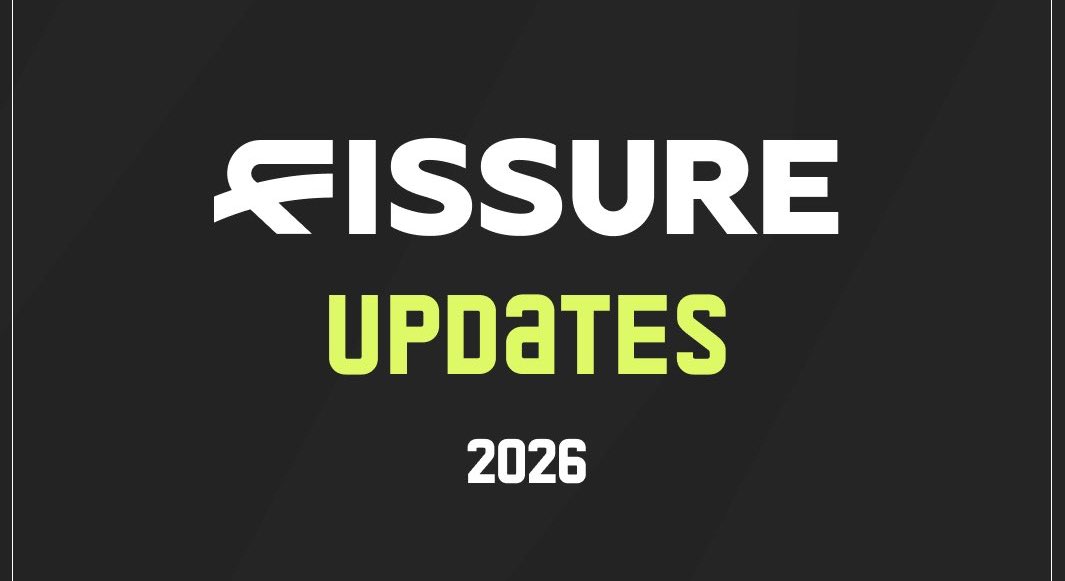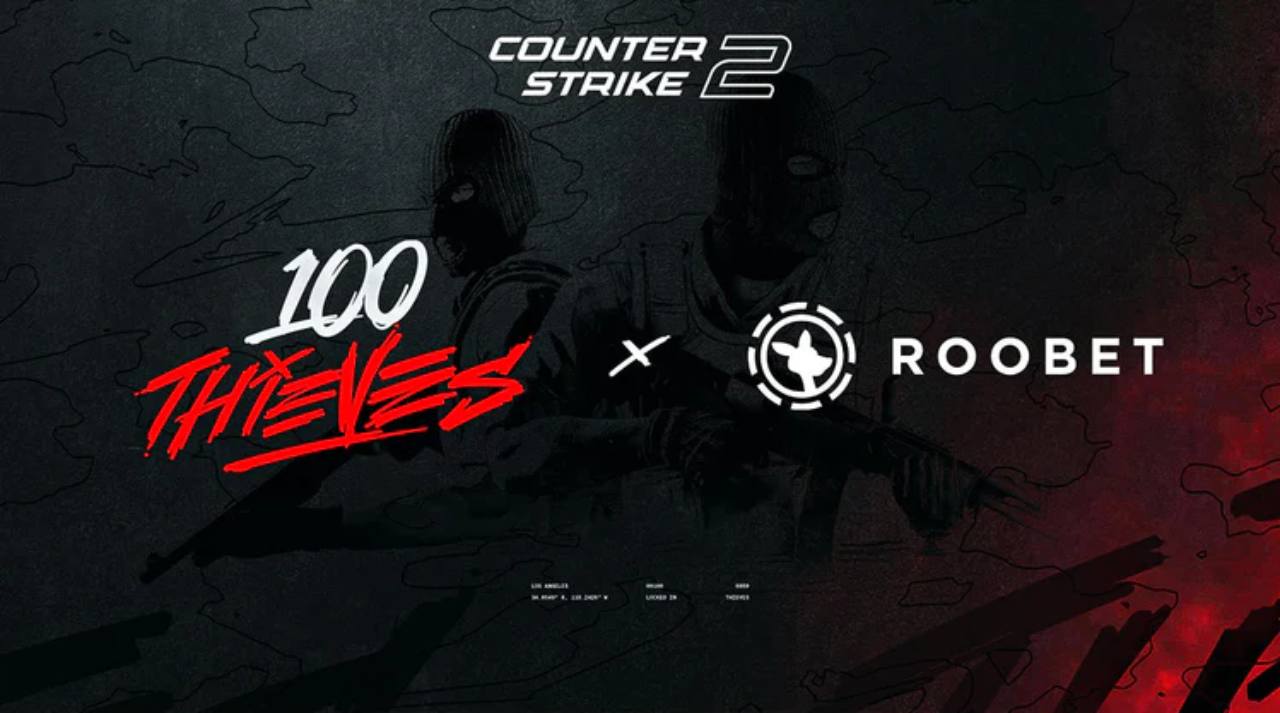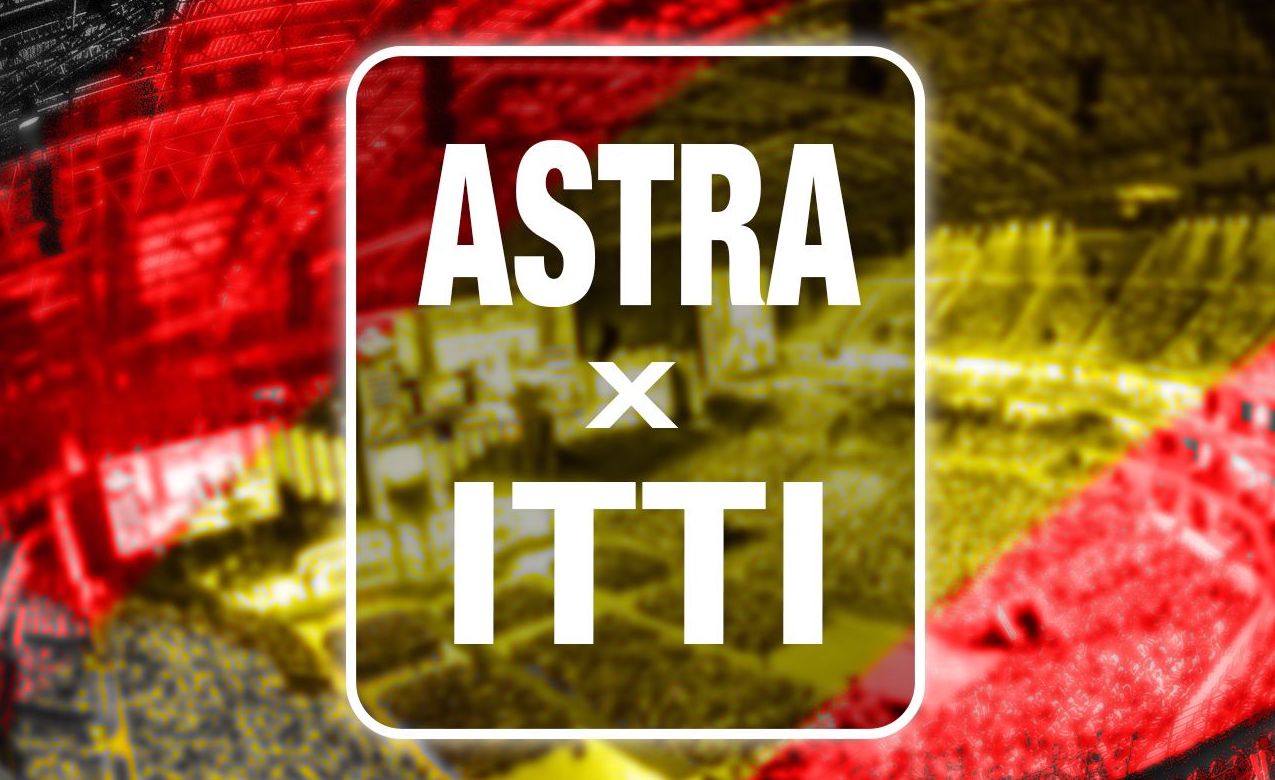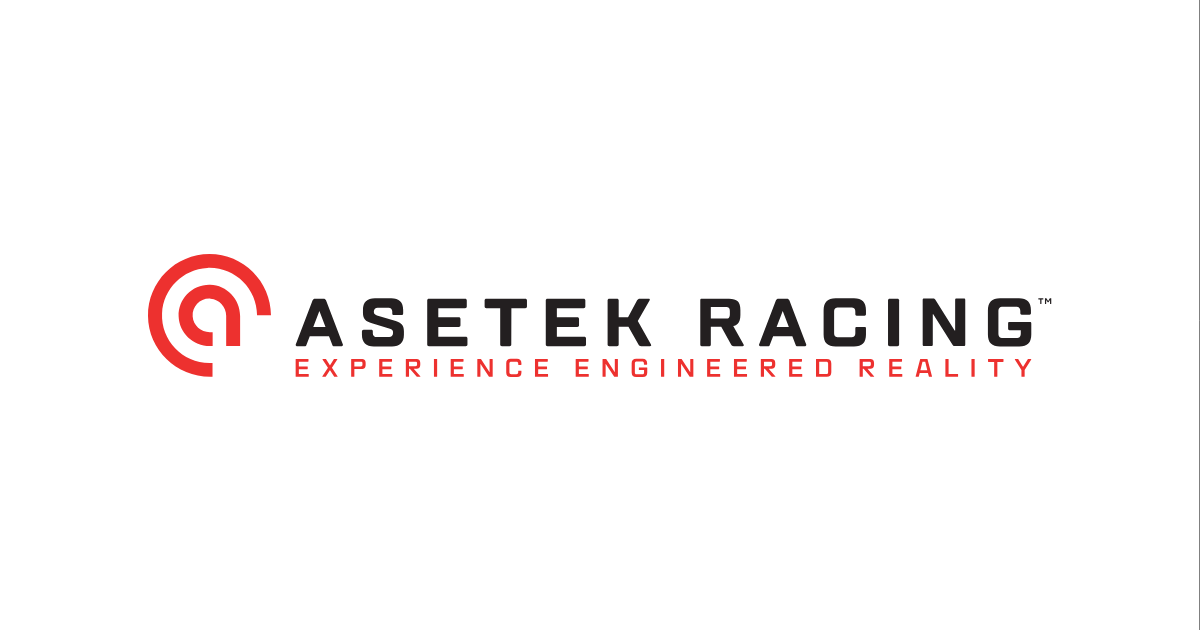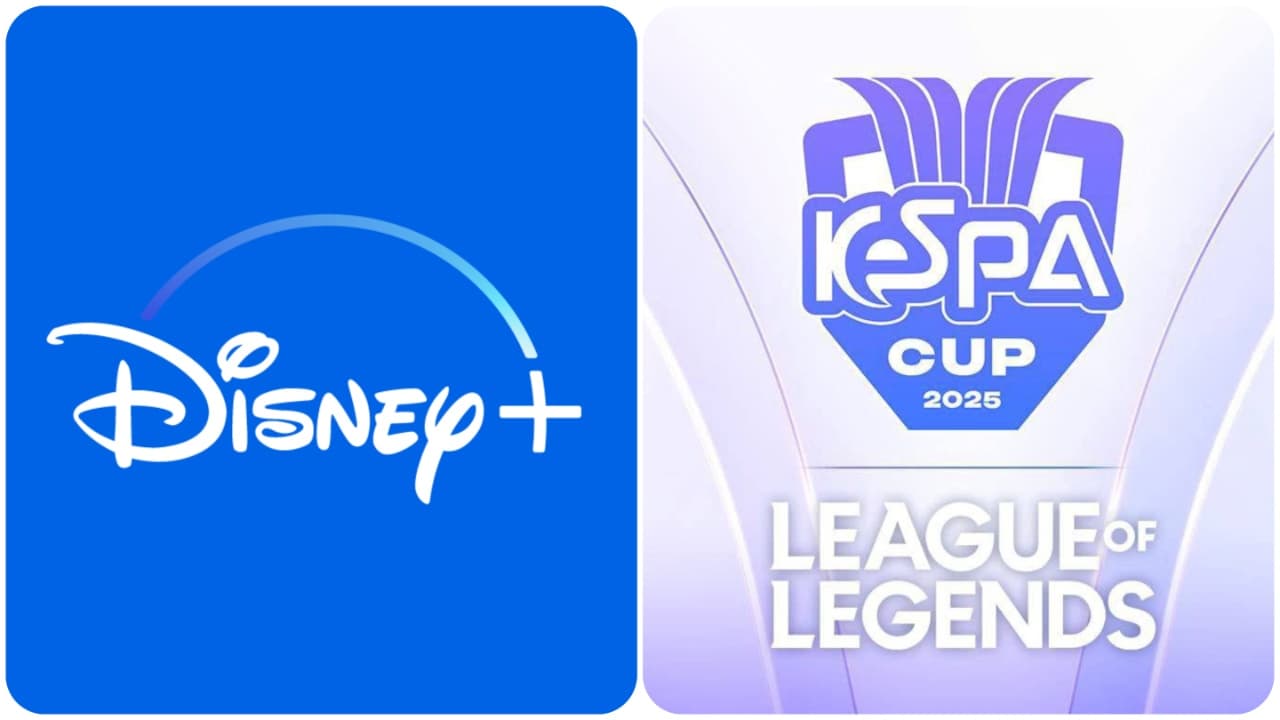During my first visit to Saudi Arabia and the Esports World Cup (EWC), I spent hours walking around Boulevard City, the event’s bustling hub, looking for stories to cover. One venue that caught my attention was Twisted Labs, run by Saudi organisation Twisted Minds. There, I noticed a startup presenting a product that immediately intrigued me: an AI-powered platform focused on VALORANT analysis, designed both for individual players looking to improve their skills and for organisations aiming to integrate the tool into their training routines.
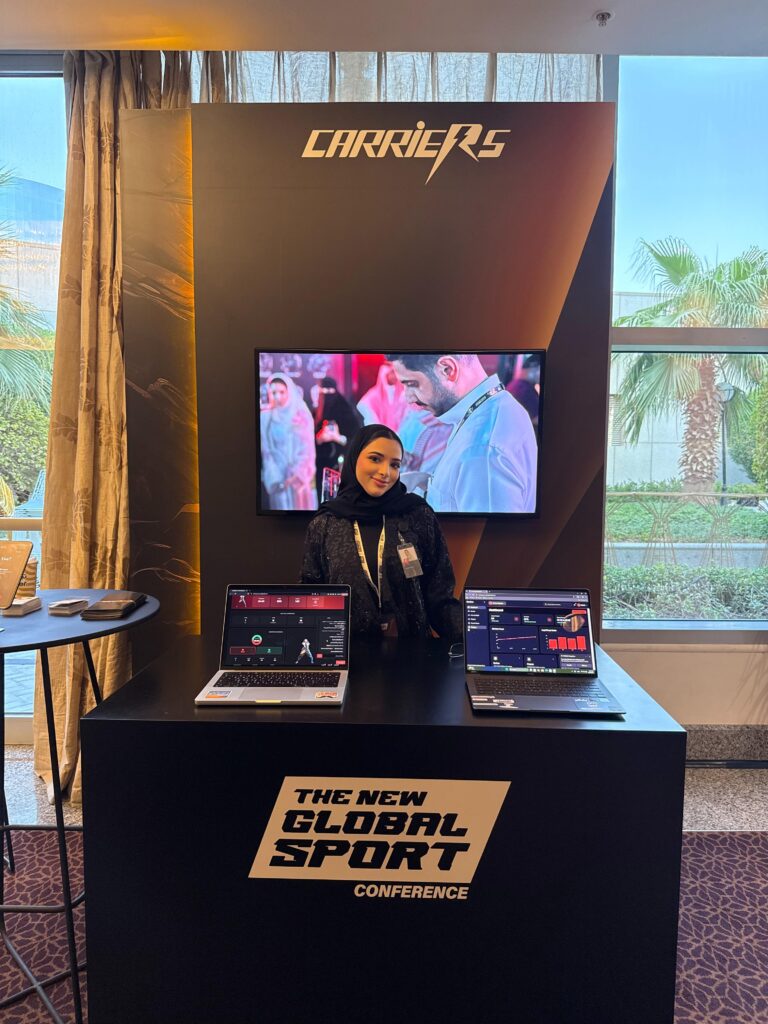
A woman approached me to give a more detailed presentation. I asked questions, explored the product, and requested her contact for a follow-up. She handed me a business card: Felwah AlBani, Founder and CEO of Carriers.gg. Coming from the West, where discussions on women’s rights in Saudi Arabia are pervasive, I was struck: right in front of me was a Saudi woman leading a Riyadh based startup. At that moment, I knew I had a story worth telling. Seven weeks later, I interviewed Felwah, a graduate from King Saud University, at the New Global Sport Conference (NGSC).
Developing the tech and esports industry is a key goal for the Saudi government’s Vision 2030, reflected in initiatives such as the Esports World Cup. By creating platforms and infrastructure to support both local talent and international engagement, the government aims to position Saudi Arabia as a hub for digital innovation. Carriers.gg is one of the early tangible results of this vision: a homegrown startup leveraging local talent and developing technology.
Founded just 11 months ago by AlBani and two other female gamers, Carriers.gg was born from their own frustrations navigating the esports scene in Saudi Arabia and the Middle East. “We saw a gap in tools available for gamers here, especially in Arabic,” AlBani said. “There wasn’t anything that could help players improve, so we decided to build it ourselves.”
Also read: HRH Prince Faisal on Saudi Arabia’s endgame with the Esports World Cup
VALORANT was chosen as the initial platform due to Riot Games’ supportive approach and accessible APIs. “VALORANT has a strong fan base in Saudi Arabia, and Riot Games is very helpful in providing access to the data we need. From there, we plan to expand to other games like Call of Duty, Apex Legends, and Overwatch,” she explained.
Carriers’ B2B platform is currently under development, aimed at teams and coaches with advanced scrim analysis, performance tracking, and mission management tools. Meanwhile, the B2C platform is already live, offering users the ability to discover their matching agent through personality-driven tests, with a professional performance dashboard and AI coach set to follow.
AlBani shared that their journey was not without challenges. Starting Carriers.gg while still in their final year of university made securing investment difficult. “No one wanted to invest in students—it was considered too high-risk,” she explained. “But eventually, we found one investor who believed in us and in this sector. He gave us the chance, and we are very grateful for that support.” The investor is undisclosed, but AlBani affirmed to be Saudi and pro-empowerment.
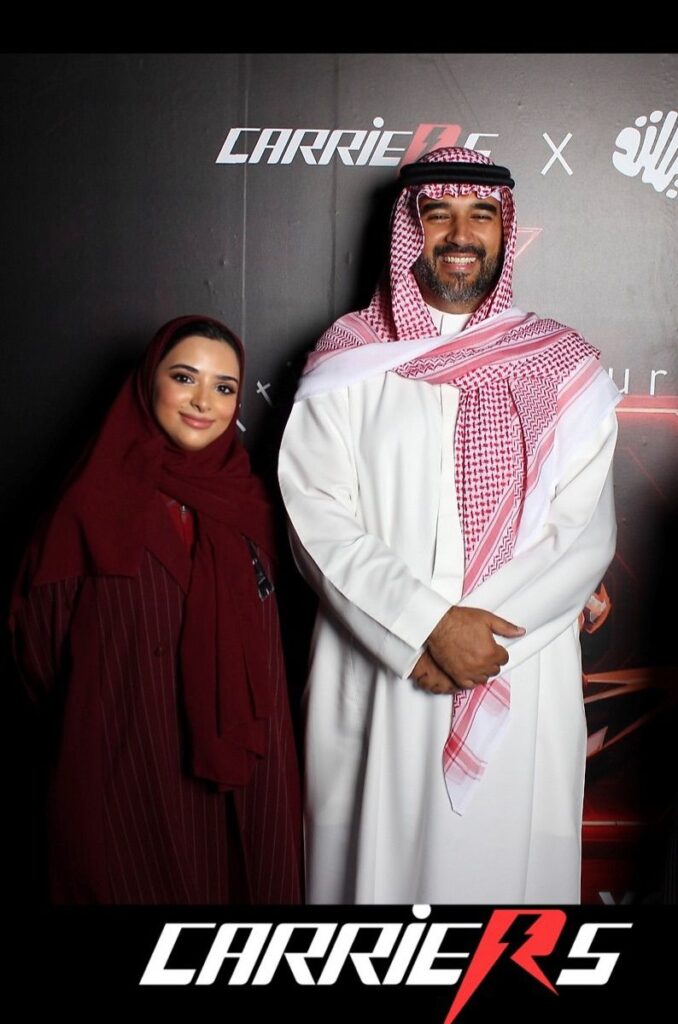
When I asked her how easy it was to connect with authorities and industry leaders—something that, from the outside, might seem difficult—her answer was straightforward: “It really is accessible. Networking played a key role in opening doors, and all the leaders in the sector are fully ready to support us in every possible way. At the forefront is HRH Prince Faisal bin Bandar bin Sultan [President of the Saudi Esports Federation], together with the leaders around him, who have enabled us to attend and participate in conferences and events that serve the sector. These opportunities accelerate Carriers’ growth and give us the chance to meet top executives in the field.”
AlBani emphasised how supportive Saudi Arabia’s ecosystem has been. Despite common Western perceptions of limited opportunities for women, she explained that their experience has been positive: “Esports is male-dominated—around 70% men—but we have not faced resistance. The government and ecosystem here are incredibly supportive. Anything you can do abroad, you can do here.”
Women make up nearly 49% of gamers in the Kingdom, reflecting a growing presence in the industry. At the leadership level, figures such as Rawan AlButairi, recently appointed as CEO of the Saudi Esports Federation, and Ronza Ayoub, Marketing Director at Team Falcons, exemplify how women are increasingly taking key roles in Saudi esports.
Carriers.gg currently supports Arabic and English languages, while AlBani shared plans for global expansion to markets including China, the US, and the UK. “We have to start somewhere, and we want to make an impact both locally and internationally,” she said. A female-led startup, built by women for a global esports audience, definitely challenges stereotypes. Carriers.gg represents more than a technological innovation: it is a beacon for women in Saudi Arabia’s developing esports, gaming and technology sectors.
Disclaimer: The Esports Radar travelled to Saudi Arabia as a guest of the Esports World Cup Foundation with accommodation and travel covered, but this article is not sponsored, commissioned, or edited by any external organisation.





